Back in the day, TV commercials were the ultimate sales pitch, and companies weren’t shy about stretching the truth to reel us in. From miracle cures to gadgets that promised to change our lives, these ads had us hooked—until reality set in. Whether they preyed on our love of convenience, hope for a better life, or plain gullibility, here are 15 commercials that took misleading claims to a whole new level.
1. “It Keeps Going and Going” – Energizer Bunny
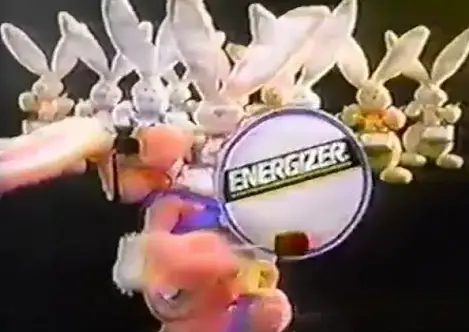
The pink bunny banging that drum convinced us Energizer batteries were eternal. In reality, they didn’t last significantly longer than competitors—and certainly not “forever.” Still, the catchy campaign sold millions of batteries.
2. “With a Name Like Smucker’s, It Has to Be Good” – Smucker’s Jam
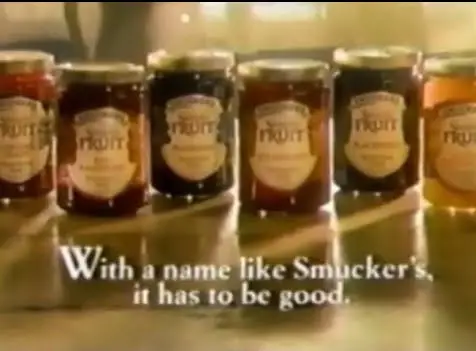
This quirky slogan suggested Smucker’s had no choice but to make excellent products due to their odd name. While the jam was fine, the idea that the name alone guaranteed quality was a bit of a stretch.
3. “Gets Dishes So Clean, They Squeak” – Joy Dishwashing Liquid
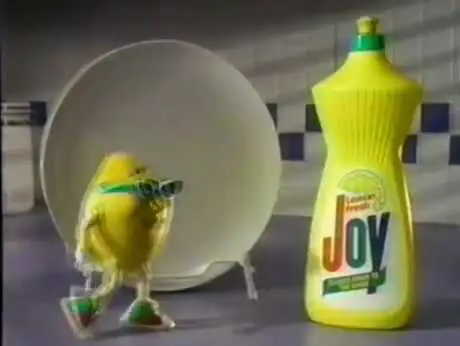
Joy claimed their detergent could make dishes so spotless they’d squeak with cleanliness. While the squeak might happen on dry surfaces, it was more a result of friction than any miraculous cleaning power.
4. “Cleans Like Magic” – Mr. Clean Magic Eraser
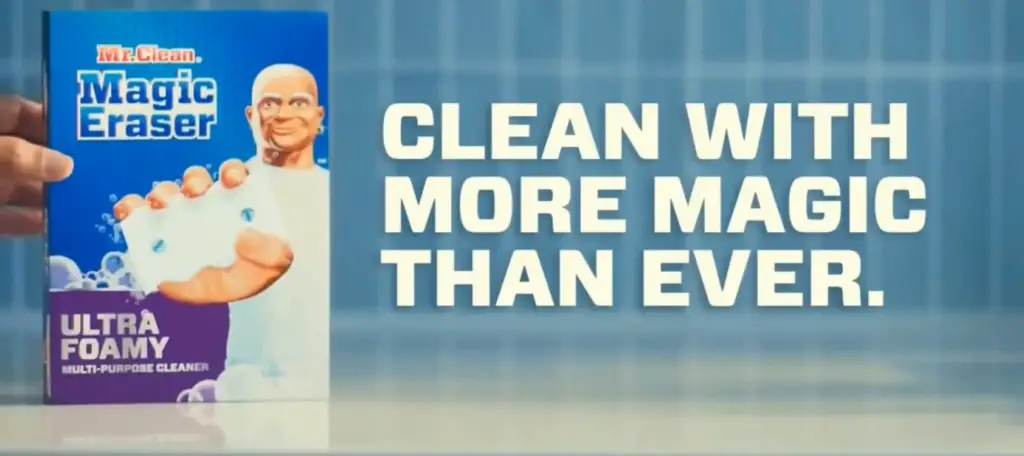
The Magic Eraser promised to make stubborn stains disappear effortlessly. While it’s a handy cleaning tool, the truth is it works by wearing away surfaces—so it’s not exactly magic, just very fine sandpaper.
5. “No Ring Around the Collar” – Wisk Detergent
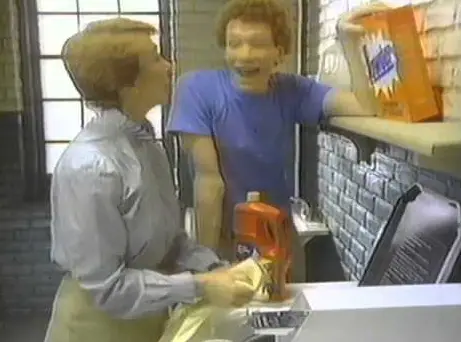
Wisk ads made it seem like their detergent could banish the dreaded “ring around the collar” in one wash. The reality? Many stains needed pre-treating or scrubbing to truly disappear.
6. “Just Spray and Walk Away” – OxiClean
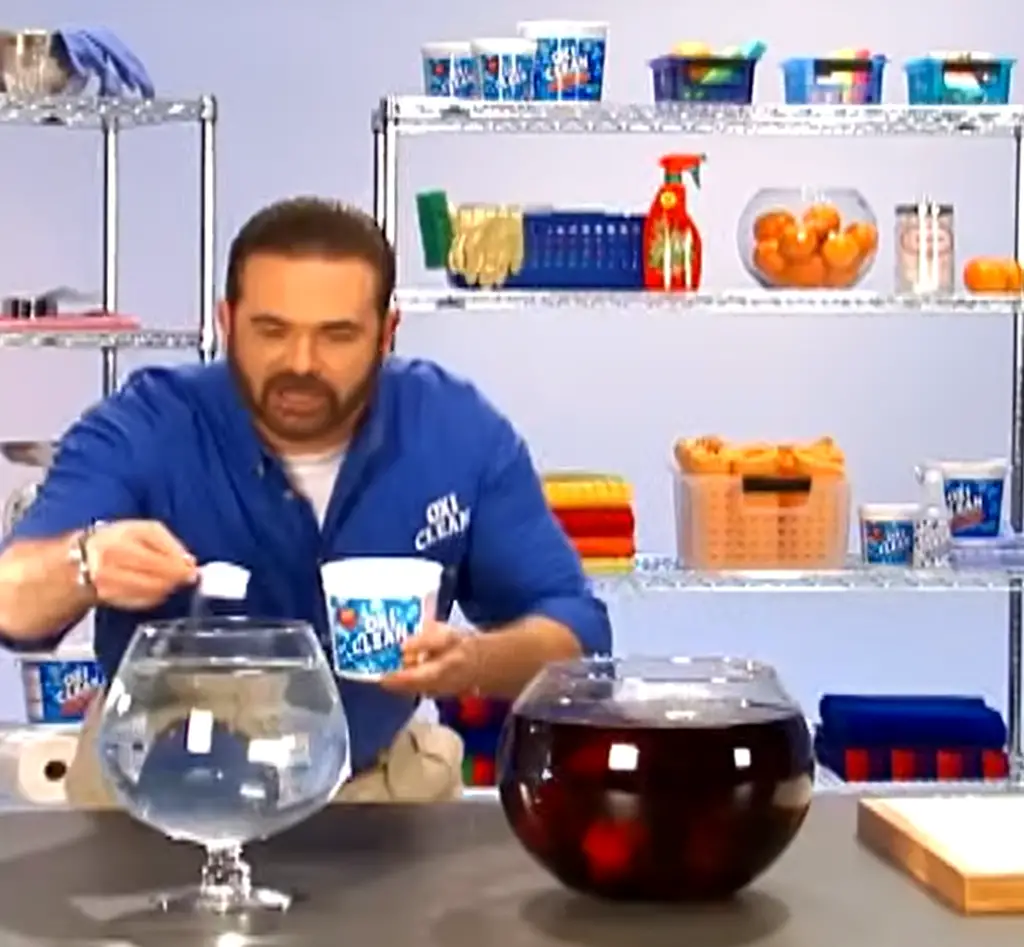
OxiClean ads made cleaning look effortless: spray it, wait a moment, and stains vanished. In truth, you often needed to scrub or repeat applications—walking away wasn’t part of the equation.
7. “Your Family Will Love It!” – Shake ‘n Bake
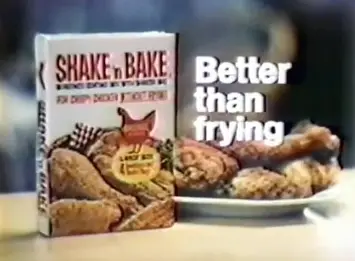
Shake ‘n Bake promised their seasoning would transform boring chicken or pork into a meal everyone would adore. While convenient, it wasn’t a guarantee that picky eaters or discerning palates would be impressed.
8. “Four Out of Five Dentists Recommend It” – Trident Gum
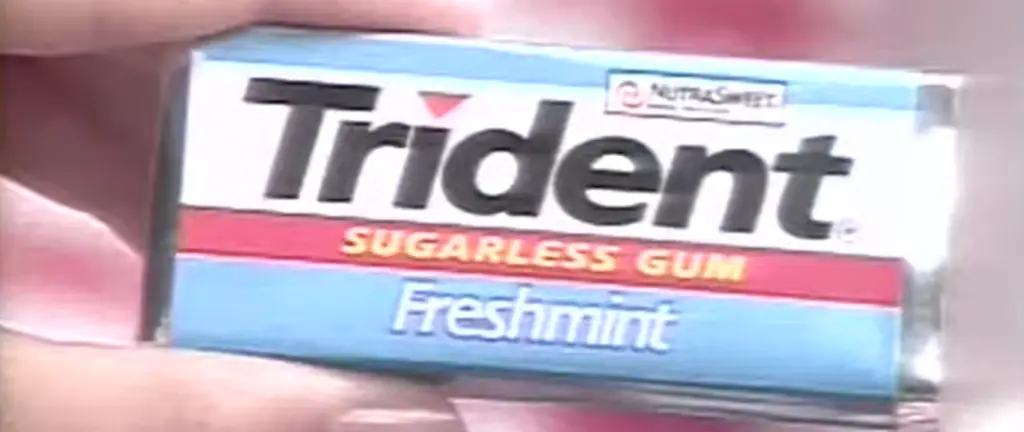
This famous line made it seem like an overwhelming majority of dentists backed Trident. However, the claim was based on dentists recommending sugar-free gum in general—not necessarily Trident itself.
9. “The Ultimate Driving Machine” – BMW
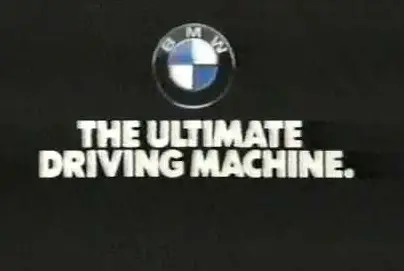
BMW’s slogan implied their cars were unmatched in performance and luxury. While BMWs are excellent vehicles, “ultimate” was pure puffery—they weren’t immune to mechanical issues or competitors’ innovations.
10. “Melts in Your Mouth, Not in Your Hands” – M&M’s
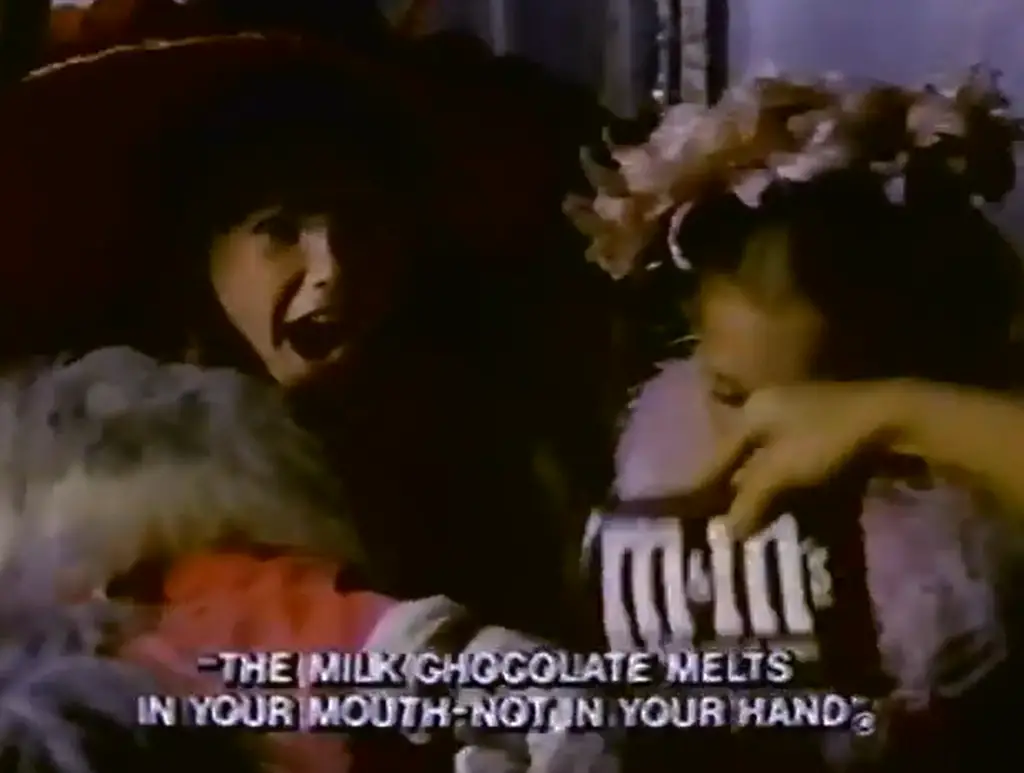
M&M’s touted their candy as being mess-free. While the candy shell helped, anyone who’s held a handful too long knows they still melt—just maybe a little slower than other chocolates.
11. “Helps Prevent Colds” – Airborne
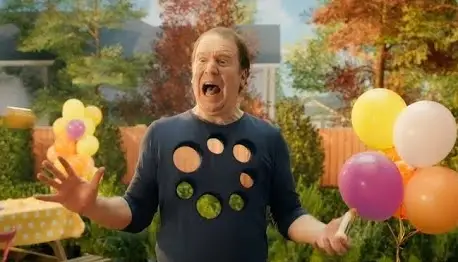
Airborne claimed to boost immunity and protect against colds. After a lawsuit, the company had to admit there was no credible evidence backing its claims, leading to a major settlement.
12. “The Taste Kids Love, the Nutrition Moms Approve” – Flintstones Vitamins
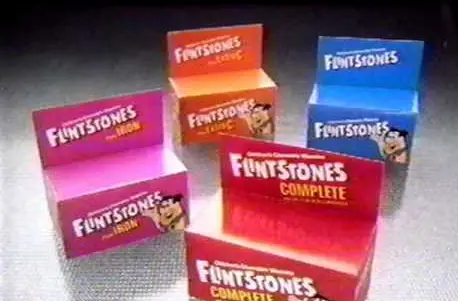
These vitamins were pitched as delicious and nutritious, but in reality, they were often loaded with sugar and artificial ingredients—not exactly the epitome of healthy nutrition.
13. “Twice as Absorbent” – Bounty Paper Towels

Bounty’s “quicker picker-upper” claim promised double the absorbency of competitors. Independent tests, however, often found the difference wasn’t nearly as dramatic as the ads made it seem.
14. “A Diamond Is Forever” – De Beers

This legendary slogan convinced generations that diamonds are the ultimate symbol of love and commitment. The truth? De Beers created artificial scarcity and promoted the idea to inflate diamond prices.
These commercials may have bent the truth, but they certainly made an impression. While some of the claims bordered on harmless exaggeration, others were downright deceptive—but they all remind us to take advertising with a grain of salt.


